ARTICLE AD
468x60 AD AFTER 4 POSTS
Lucy Williamson
Middle East correspondent
Reporting fromJordan

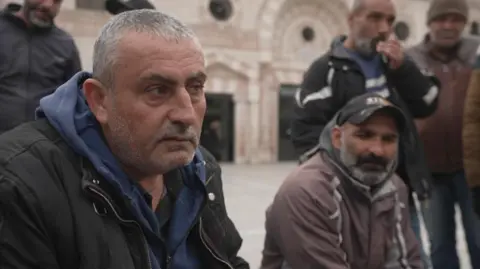 BBC
BBC
Imad Abdallah sits with other day labourers in a square in central Amman hoping to pick up temporary work
Donald Trump is expected to face fierce resistance from Jordan's King Abdullah at the White House today, in their first meeting since the US president proposed moving Gaza's population to Jordan.
Jordan, a key US ally, has been treading a tightrope between its military and diplomatic ties, and popular support for the Palestinians at home.
Those fault lines, already tested by the Gaza War, are being pushed to breaking point by Trump's plans for Gaza's peace.
He has expanded on his demand that Gazans be moved to Jordan and Egypt, telling a Fox News anchor that they would not have the right to return home – a vision that, if enforced, would contravene international law.
On Monday he said he might withhold aid to Jordan and Egypt if they did not take in Palestinian refugees.
Some of the fiercest opponents of moving Gazans to Jordan are the Gazans who moved here before.
Some 45,000 people live crammed into the Gaza Camp, near Jordan's northern town of Jerash, one of several Palestinian refugee camps here.
Sheets of corrugated iron hang over narrow shop doorways, and children rattle along on donkeys between the market stalls.
All the families here trace their roots back to Gaza: to Jabalia, Rafah, Beit Hanoun. Most left after the 1967 Arab-Israeli war, seeking temporary shelter. Generations later, they are still here.

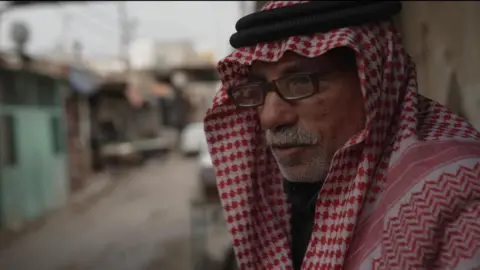
Maher Azazi, now 61, left Gaza with his family when he was three years old
"Donald Trump is an arrogant narcissist," 60-year-old Maher Azazi tells me. "He has a mentality from the Middle Ages, the mentality of a tradesman."
Maher left Jabalia as a toddler. Some of his family are still there, now picking through the rubble of their home for the bodies of 18 missing relatives.
Despite the devastation there, Mr Azazi says Gazans today have learned the lessons of previous generations and most "would rather jump into the sea than leave".
Those who once saw leaving as a temporary bid for refuge, now see it as helping Israel's far-right nationalists take Palestinian land.
"We Gazans have been through this before," says Yousef, who was born in the camp. "Back then, they told us it would be temporary, and we would return to our home. The right to return is a red line."
"When our ancestors left, they had no weapons to fight, like Hamas has now," another man tells me. "Now the younger generation are fully aware of what happened with our ancestors, and it will never happen again. Now there is resistance."
Palestinians are not the only ones to seek refuge in Jordan – a tiny superpower of stability surrounded by the Middle East's many conflicts.
Iraqis arrived here, fleeing war in the early 2000s. A decade later, Syrians came too, prompting Jordan's king to warn that his country was at "boiling point".
Many native Jordanians blame the waves of refugees for high unemployment and poverty at home. A food bank by the mosque in central Amman told us it hands out 1,000 meals a day.

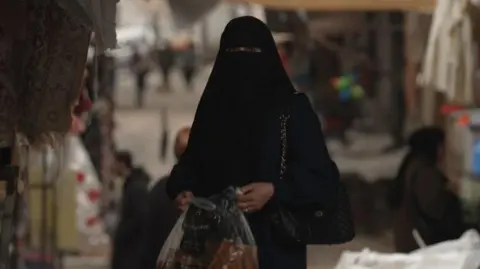
Waiting for work outside the mosque, we met Imad Abdallah and his friend Hassan – both day labourers who have not worked in months.
"The situation in Jordan used to be great, but when there was the war in Iraq, things got worse, when there was the war in Syria, it got worse, now there's a war in Gaza, it's got a lot worse," Hassan said. "Any war that happens near us, we become worse off, because we're a country that helps and takes people in."
Imad was blunter, worried about feeding his four children.
"The foreigners come, and take our jobs," he told me. "Now I'm four months without a job. I have no money, no food. If Gazans come, we will die."
But Jordan is also under pressure from its key military ally. Trump has already suspended to it US aid worth more than $1.5 billion a year. And many here are braced for a growing confrontation between the new US president and their own political leaders, who are pushing back.
Jawad Anani, a former deputy prime minister close to the Jordanian government, says King Abdullah's message to Donald Trump at the White House on Tuesday will be clear: "We consider any attempt by Israel or others to push people out of their own houses in Gaza and the West Bank as a criminal act. But any attempt to push those people into Jordan will be tantamount to a declaration of war."
Even if Gazans wanted to relocate voluntarily, on a temporary basis, as part of a wider Middle East plan, he said, the trust simply was not there.
"There is no confidence," he said. "As long as Netanyahu is involved, he and his government, there is no confidence in any promises that anybody makes. Period."
Trump's determination to push his vision for Gaza could end up pushing a key US ally into a critical choice.
Last Friday, thousands protested here against Trump's proposal.
Jordan is home to US military bases, and millions of refugees, and its security co-operation is crucial for Israel, worried about smuggling routes into the occupied West Bank.
Any risks to Jordan's stability mean risks for its allies too. If stability is Jordan's superpower, the threat of unrest is its biggest weapon and its best defence.
Additional reporting: Mohamed Madi, BBC News

 5 hours ago
1
5 hours ago
1

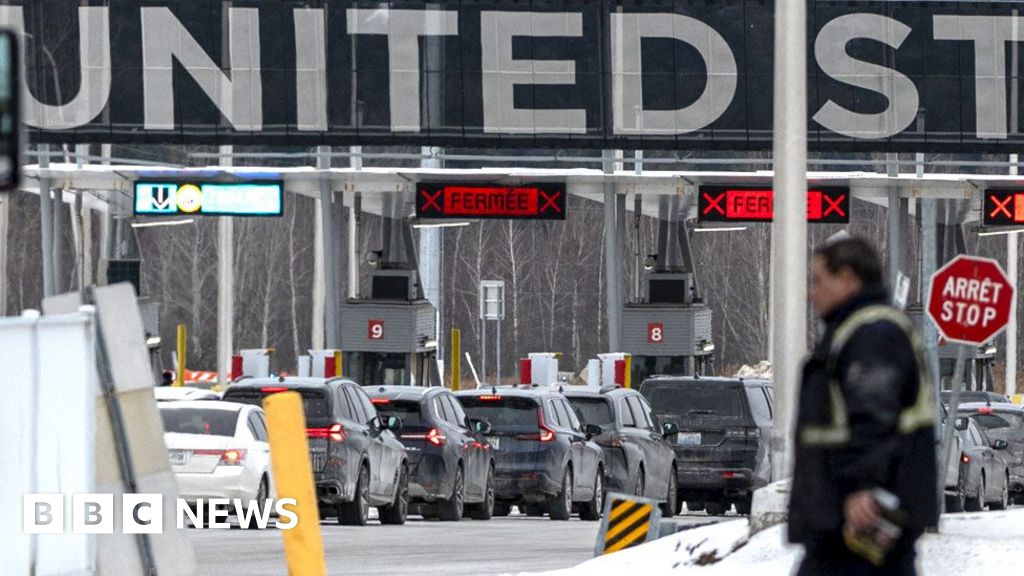



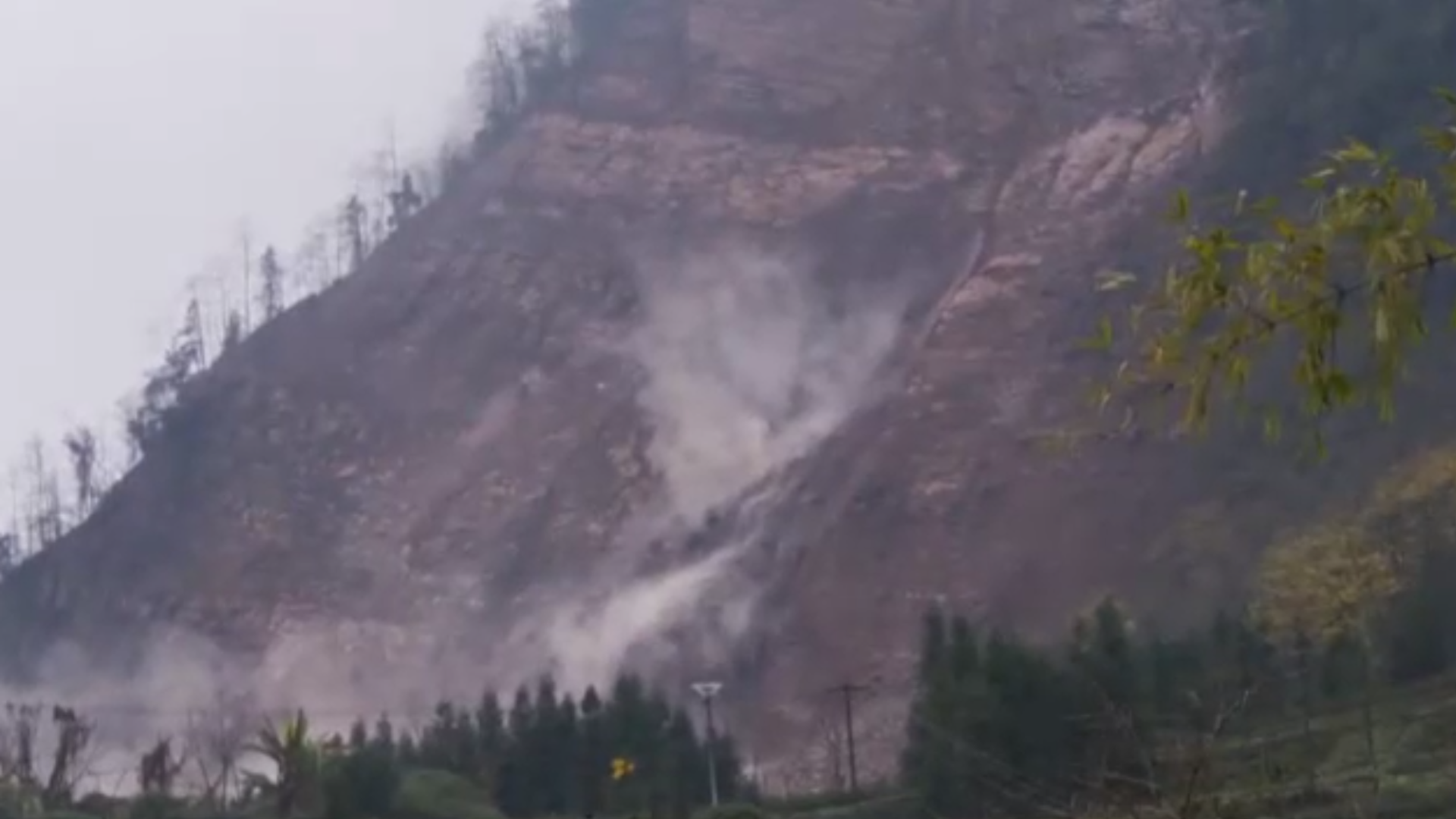

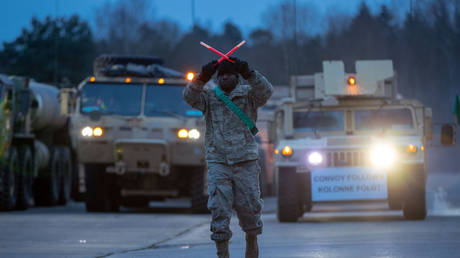
 Bengali (BD) ·
Bengali (BD) ·  English (US) ·
English (US) ·